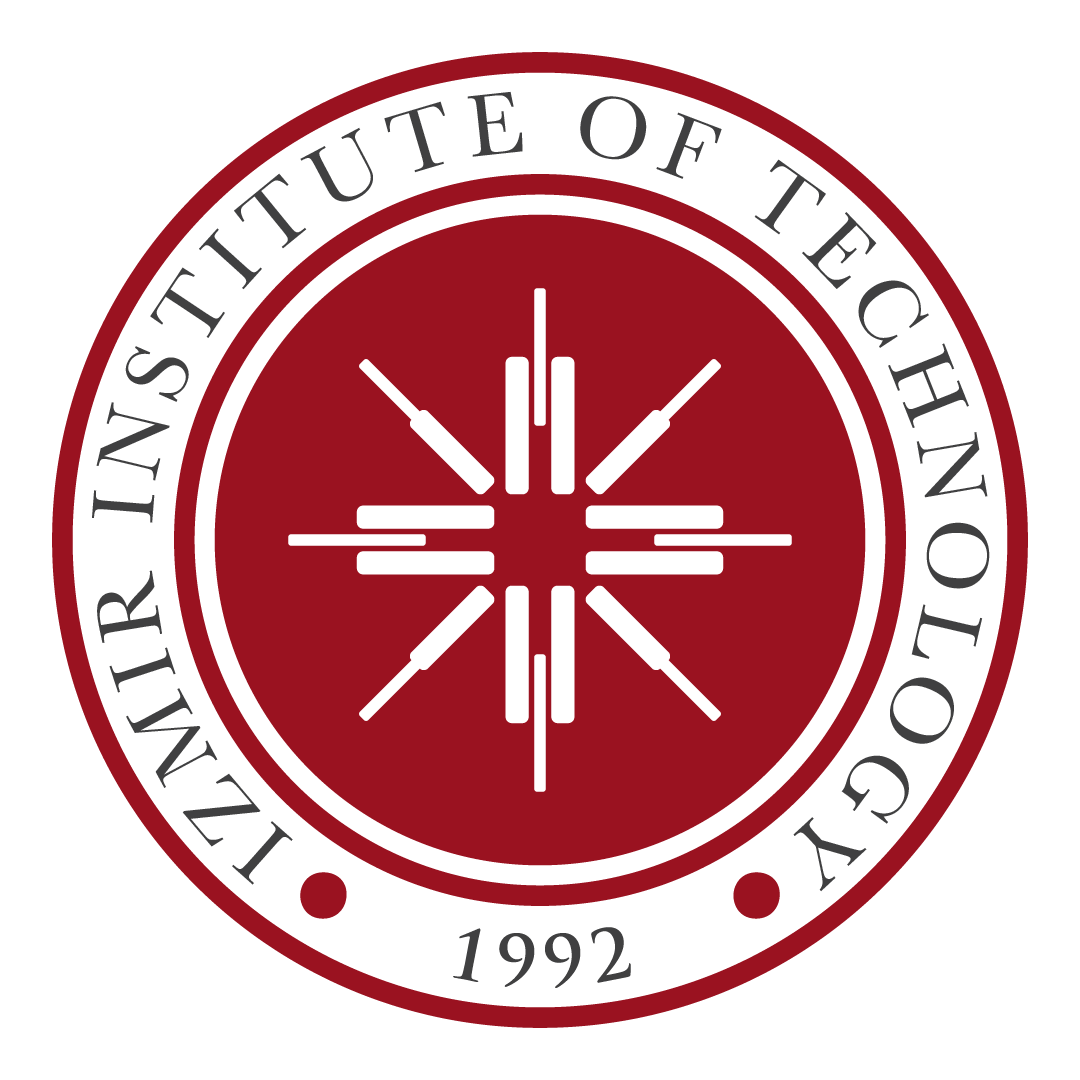CENG 518
Introduction to Research Methodology and Ethics
Empirical computer science. Basic research methodology. Research and experimental questions. Experimental evaluation. Ethics in research. Study of the larger ethical and social issues of computing, including the role of a digital society in the modern world.. Practical and theoretical applications of computer privacy and reliability. Ethical theory and its application to problems in computing.
| Topics |
| Introduction to Research Methods |
|
The Science in Computer Science, What is Experimental Computer Science?
|
| Empirical Research |
| Exploratory Data Analysis |
| Basic Issues in Experiment Design |
| Hypothesis Testing and Estimation |
| Computer-intensive Statistical Methods |
| Introduction to Ethics |
|
Introduction to Sociotechnical Computer Ethics
|
| Ethics in Research |
| Professional Ethics in Computing |
|
Computer Reliability Principles and Case Studies
|
| Privacy |
| Wrap-up |
Instructor(s)
Other MS Courses
- CENG 500
- CENG 501
- CENG 502
- CENG 503
- CENG 504
- CENG 505
- CENG 506
- CENG 507
- CENG 508
- CENG 509
- CENG 511
- CENG 512
- CENG 513
- CENG 514
- CENG 515
- CENG 516
- CENG 517
- CENG 521
- CENG 522
- CENG 523
- CENG 524
- CENG 525
- CENG 531
- CENG 532
- CENG 533
- CENG 534
- CENG 541
- CENG 542
- CENG 543
- CENG 544
- CENG 551
- CENG 552
- CENG 555
- CENG 556
- CENG 557
- CENG 561
- CENG 562
- CENG 563
- CENG 564
- CENG 565
- CENG 566
- CENG 590
- CENG 608
- CENG 611
- CENG 612
- CENG 613
- CENG 631
- CENG 632
- CENG 641
- CENG 642
- CENG 643
- CENG 651
- CENG 661
- CENG 662
- CENG 663


